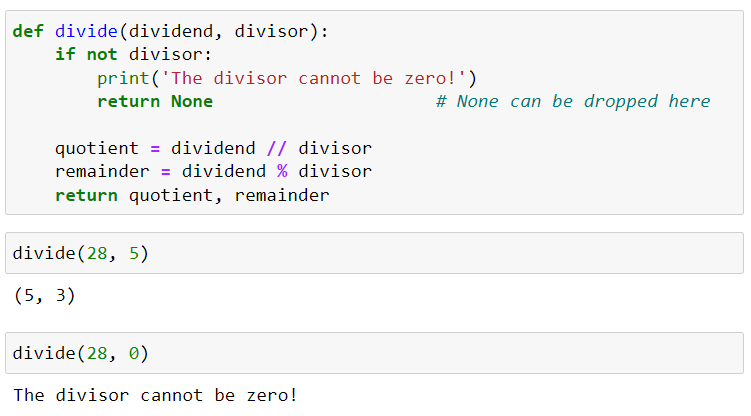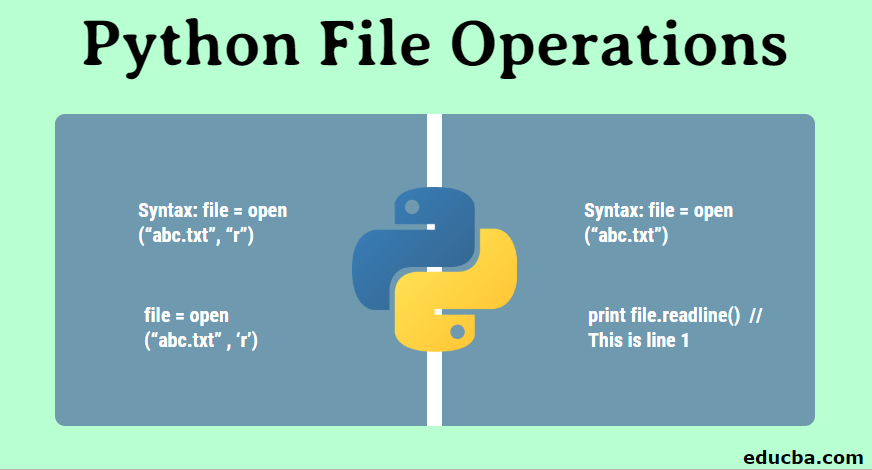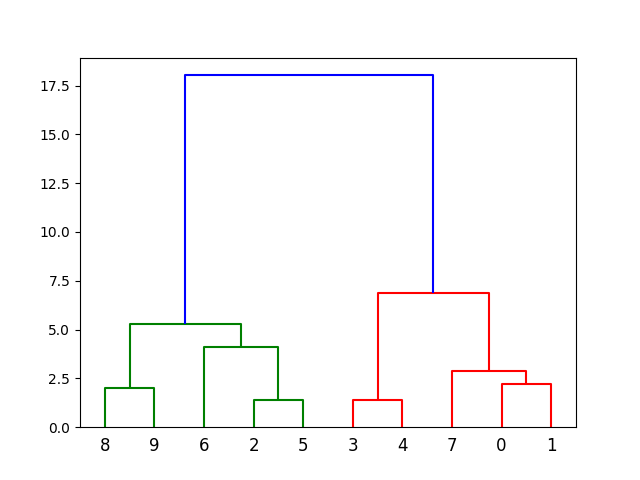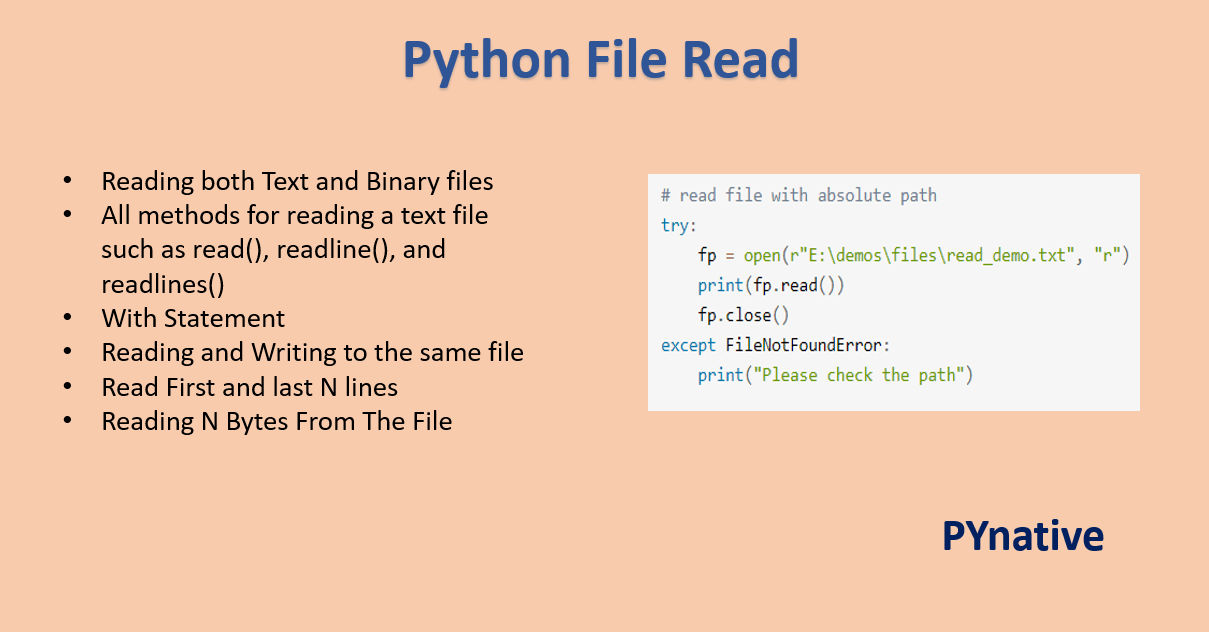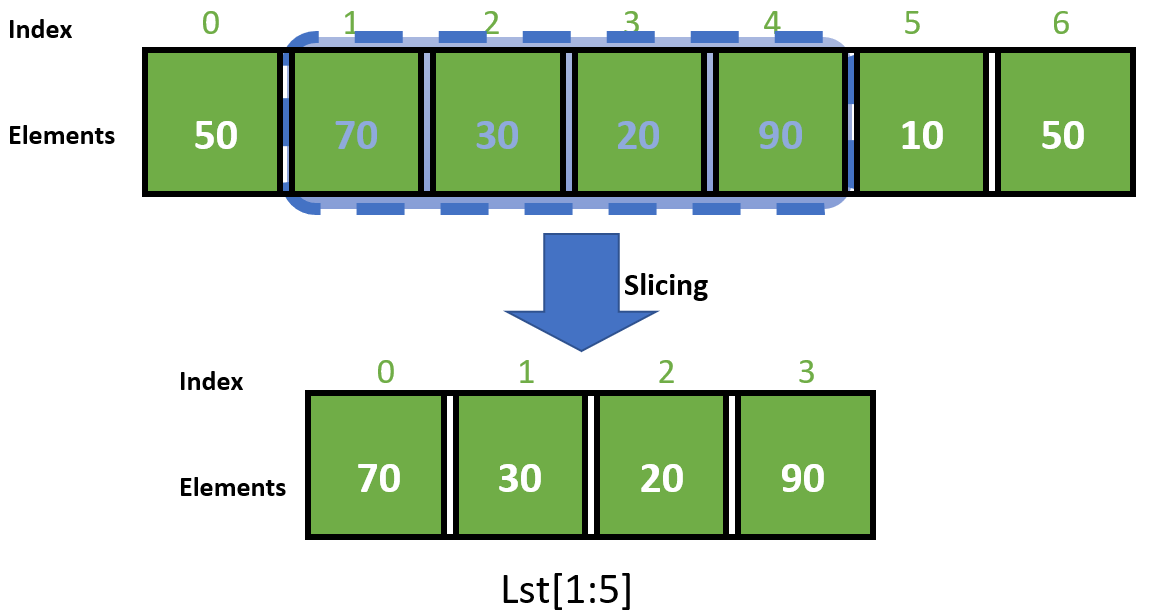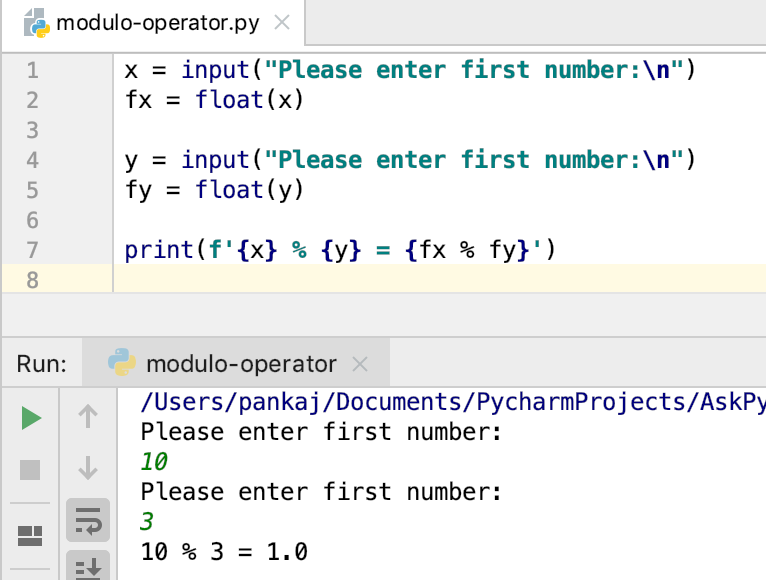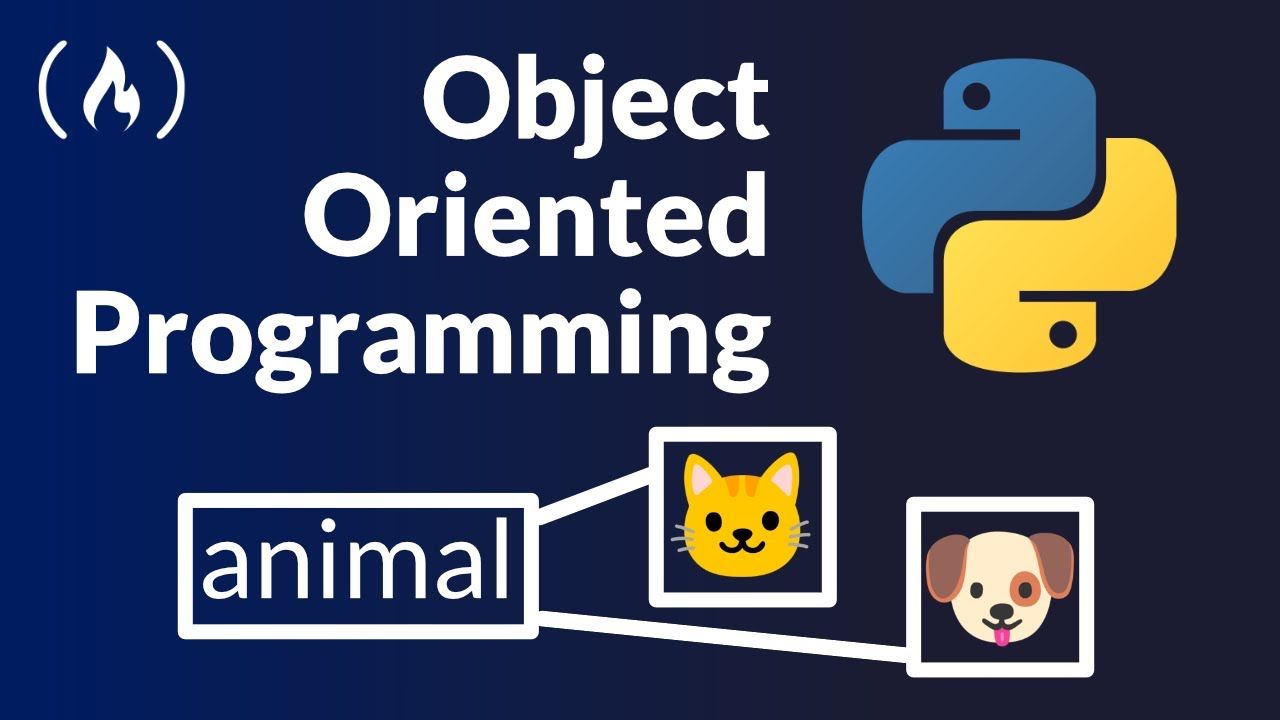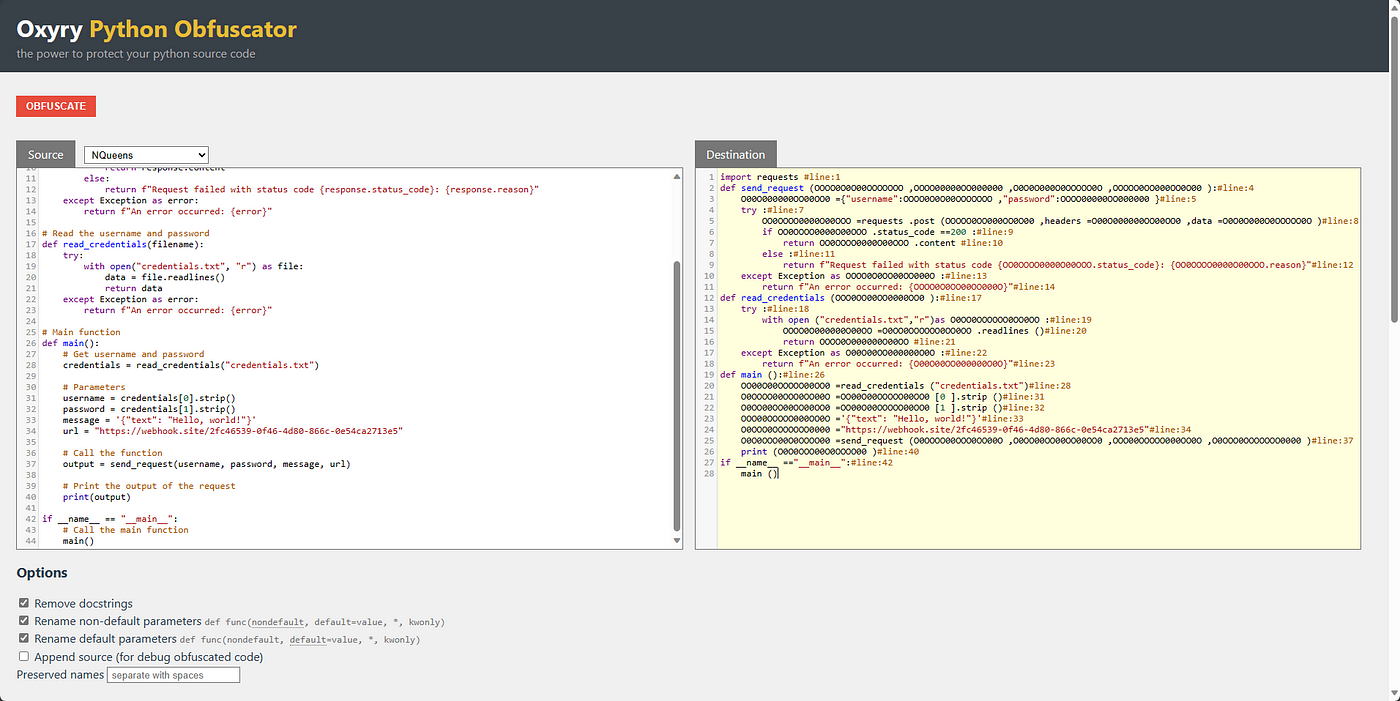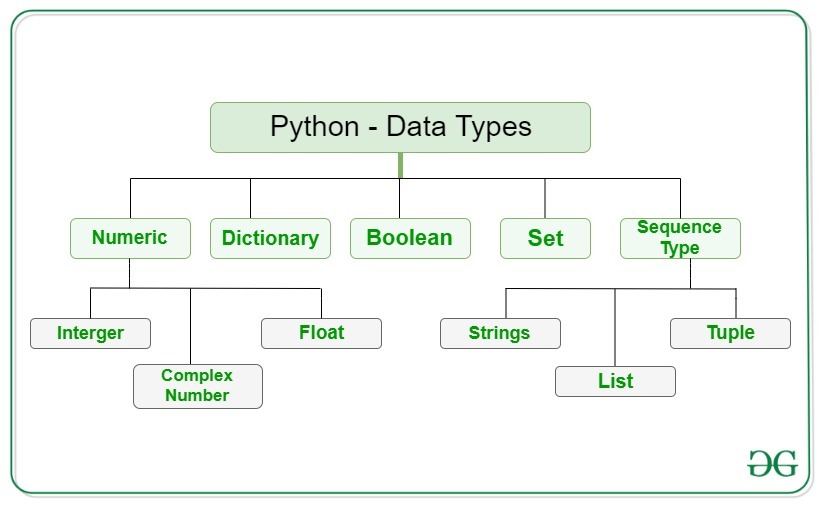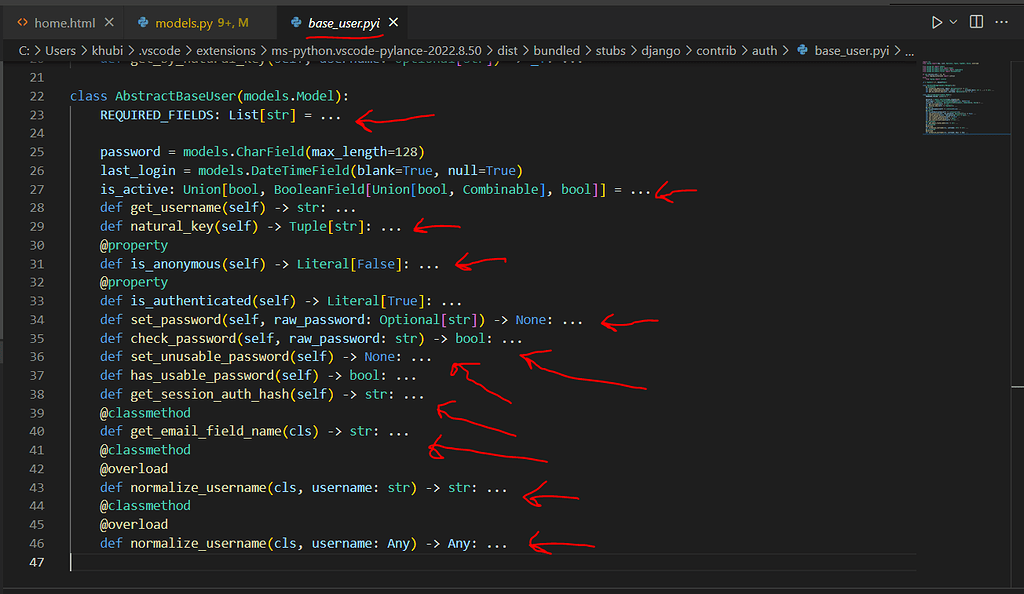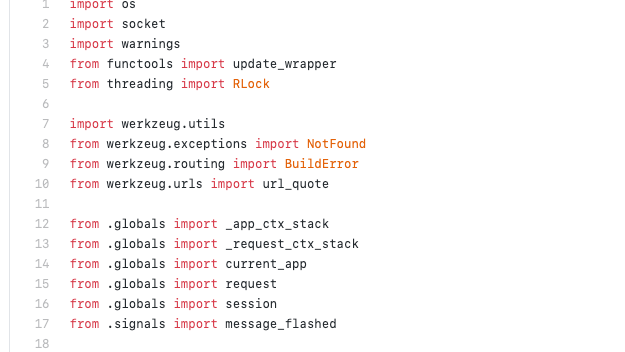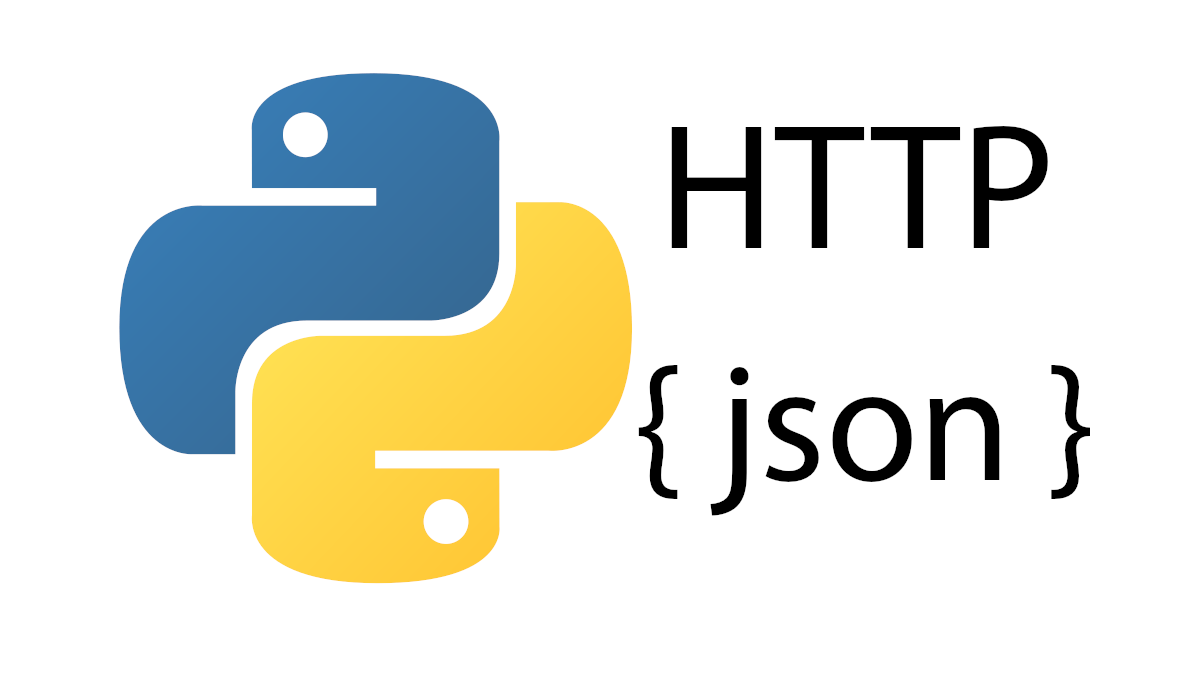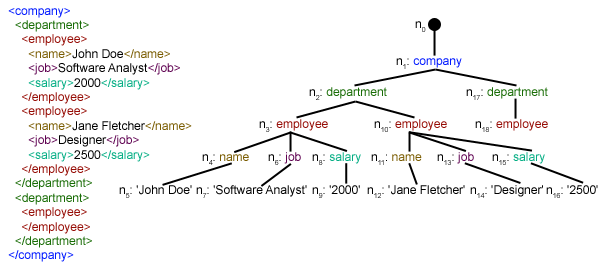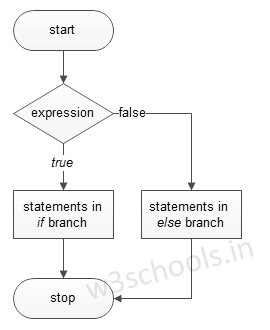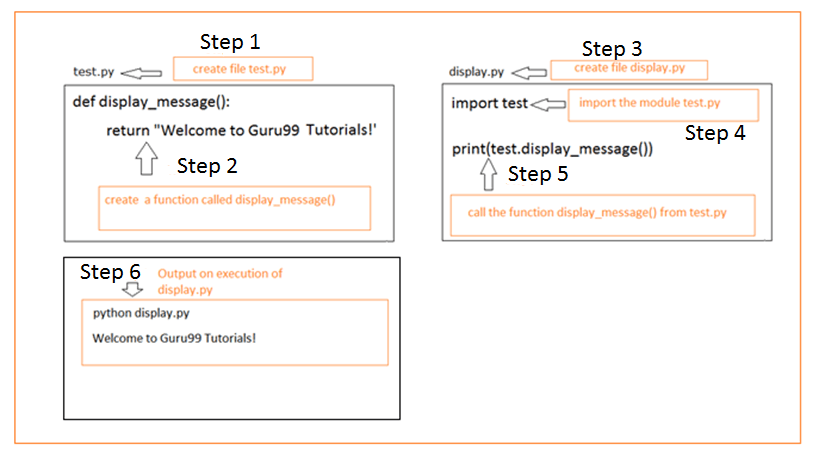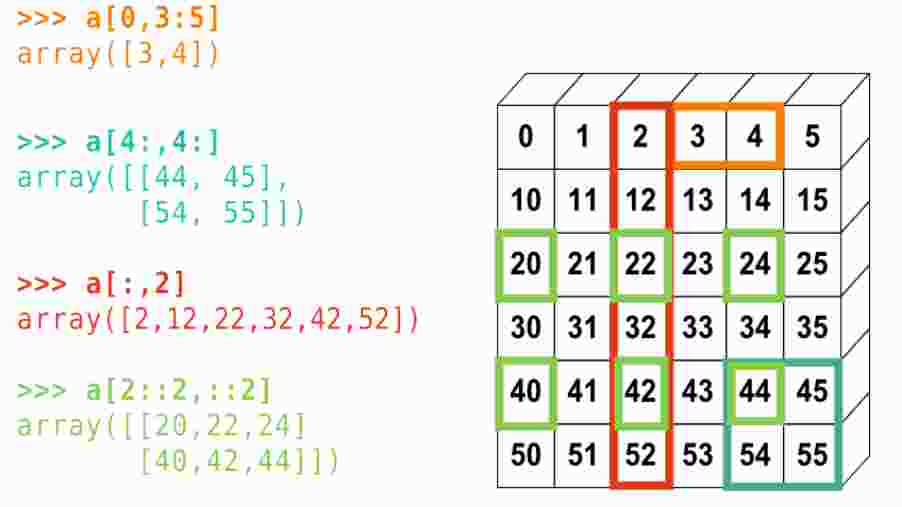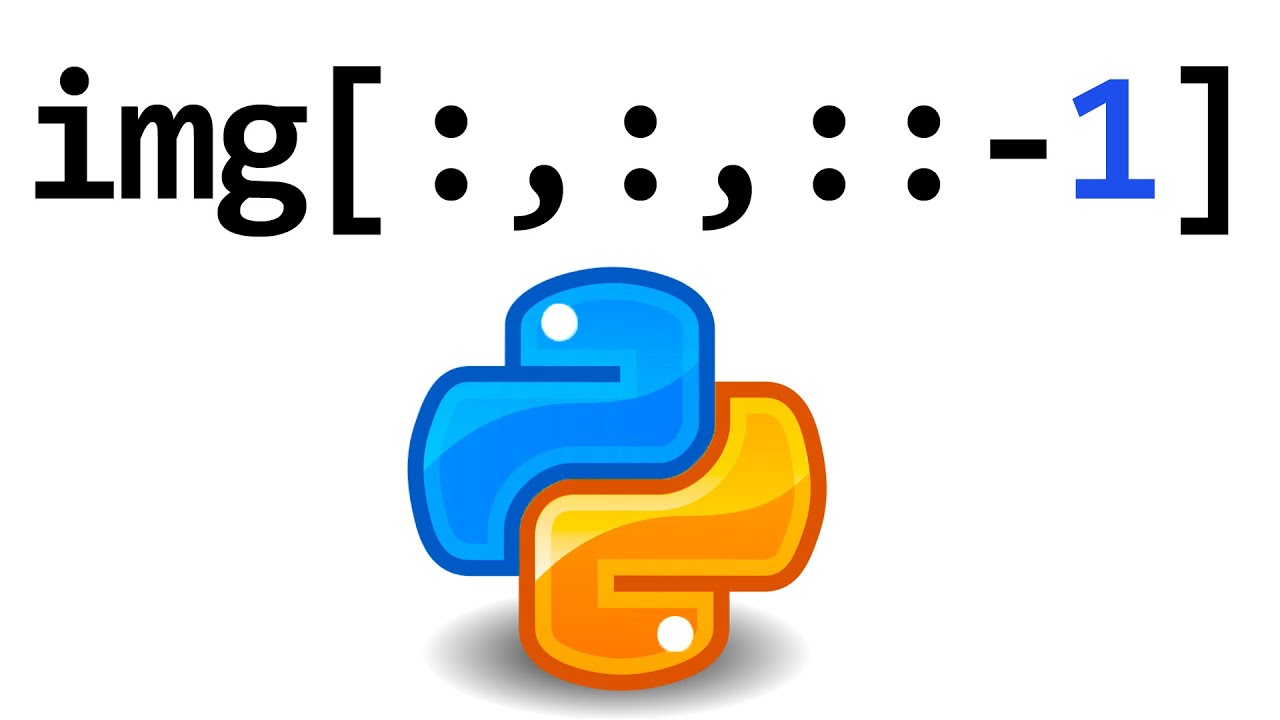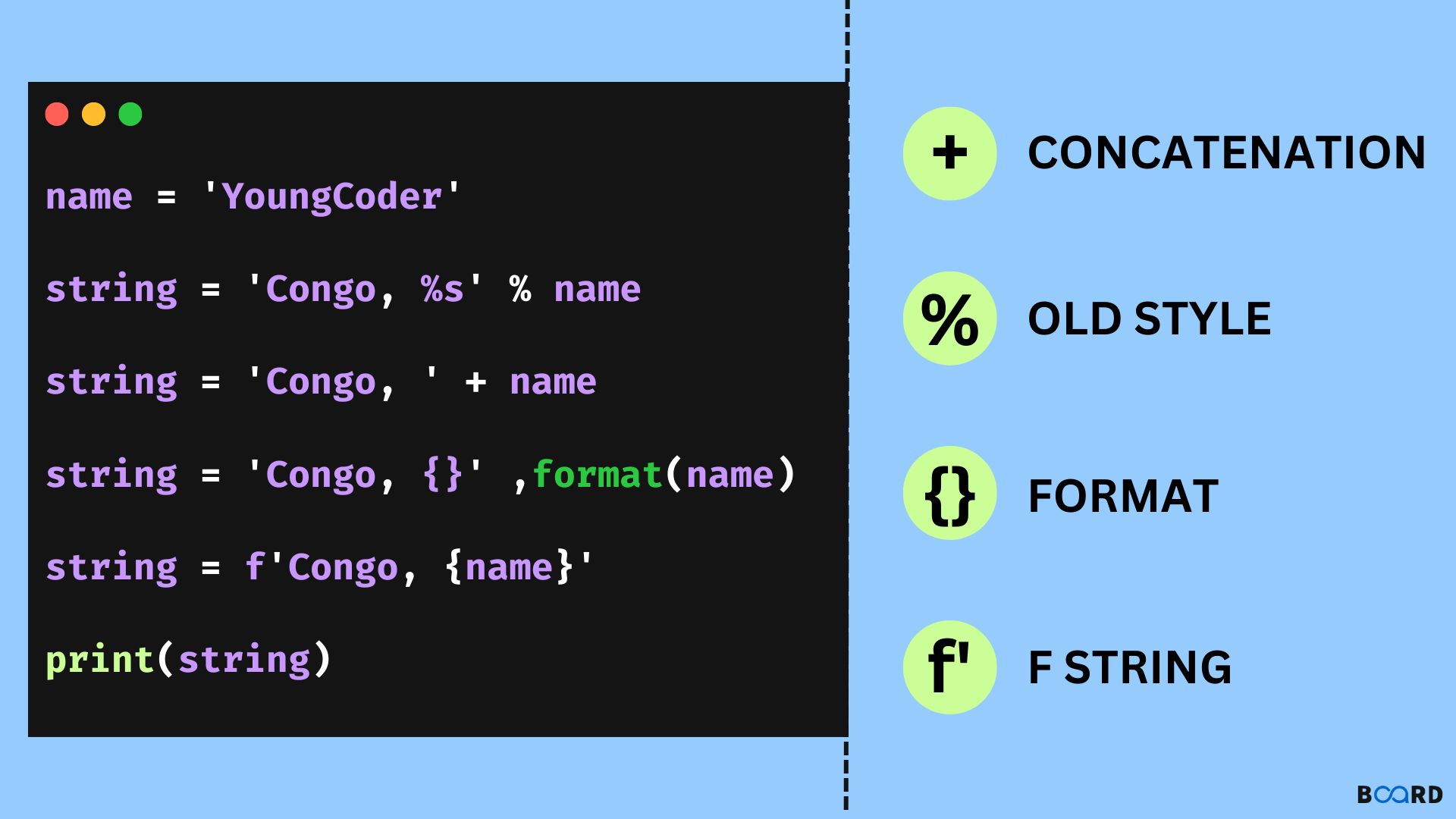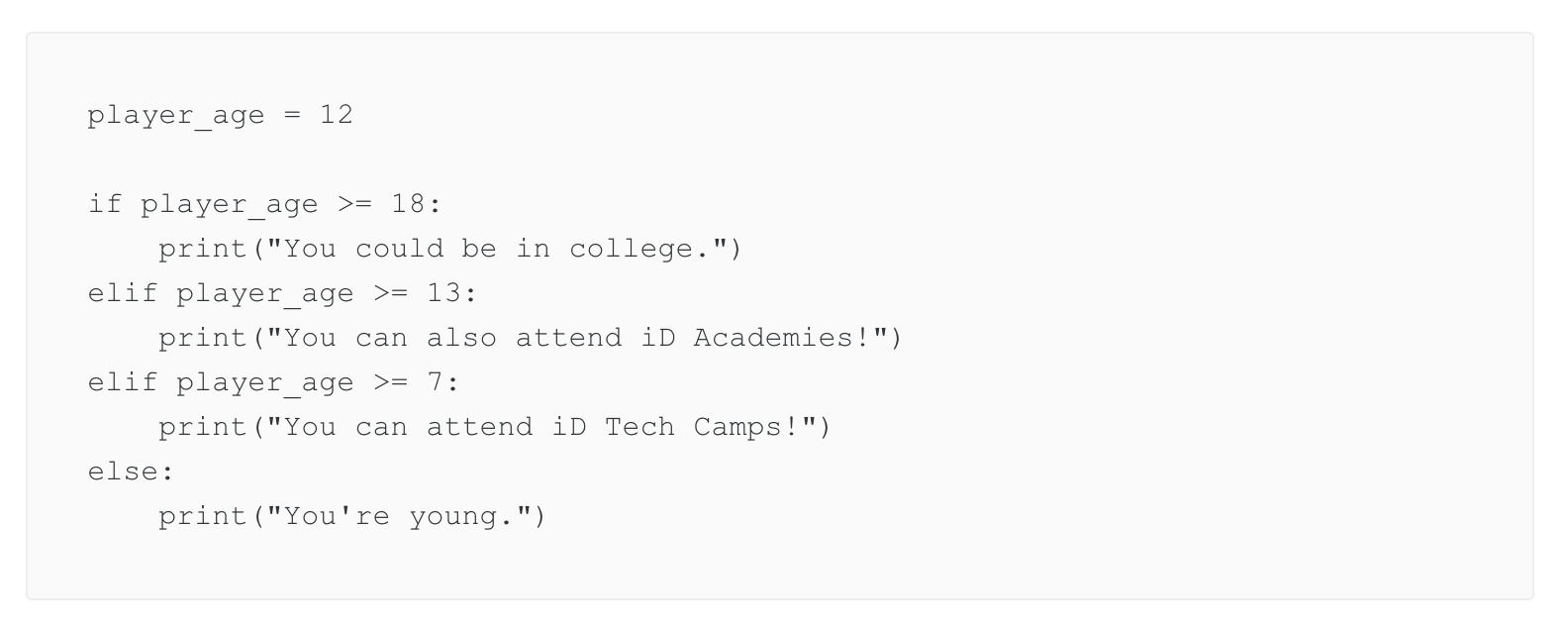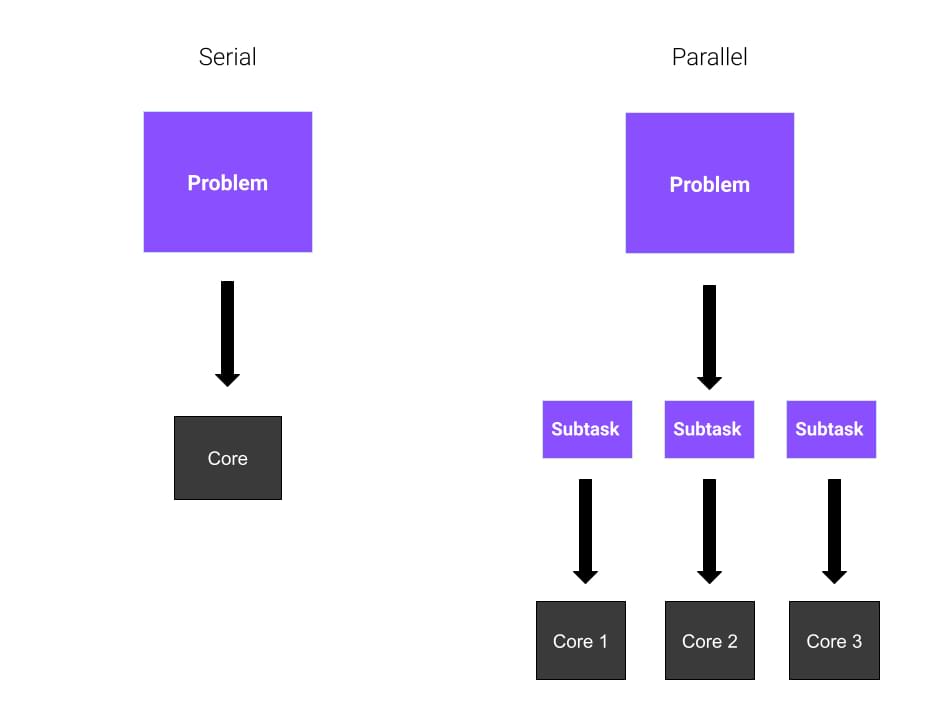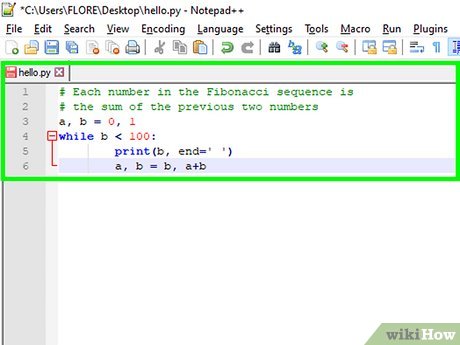How to pass parameters in Python?
How to pass parameters in Python?
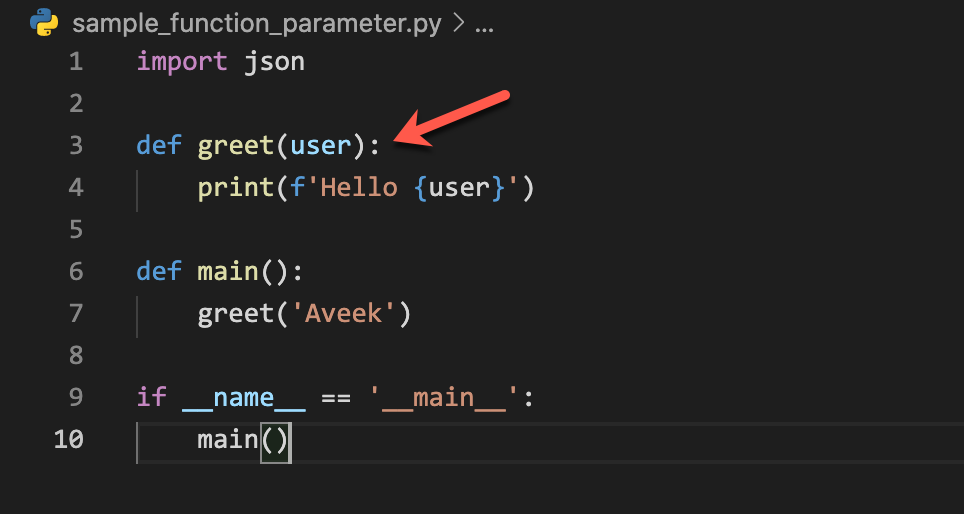
Passing Parameters in Python!
In Python, passing parameters (also known as arguments) refers to the process of supplying input values to a function when it's called. This allows you to customize the behavior of your functions based on the inputs provided.
There are several ways to pass parameters in Python:
1. Positional ArgumentsYou can pass positional arguments by simply listing the required values in the order they're defined in the function definition:
def greet(name, age):print(f"Hello, {name}! You are {age} years old.")
greet("John", 30) # Output: Hello, John! You are 30 years old.
In this example, name and age are positional arguments. When calling the greet function, you need to provide values for both parameters in the correct order ("John" for name and 30 for age).
Alternatively, you can use keyword arguments by prefixing each value with its corresponding parameter name:
def greet(name, age):print(f"Hello, {name}! You are {age} years old.")
greet(age=30, name="John") # Output: Hello, John! You are 30 years old.
Here, we're using keyword arguments to pass the values. The order of the parameters doesn't matter; Python will match the values with their corresponding parameter names.
3. Default ValuesYou can also specify default values for your function's parameters. If a value is not provided when calling the function, it will default to the specified value:
def greet(name="World", age=30):print(f"Hello, {name}! You are {age} years old.")
greet() # Output: Hello, World! You are 30 years old.
In this case, greet is called without providing any values. Python will use the default values ("World" for name and 30 for age) when calling the function.
The splat operator (*) allows you to pass variable-length arguments (i.e., a list or tuple) to your function:
def print_names(*names):for name in names:
print(name)
print_names("John", "Mary", "Jane") # Output: John, Mary, Jane
Here, *names is the splat operator. When calling the print_names function, you can provide any number of string values (in this case, "John", "Mary", and "Jane"). The function will iterate over each value and print it.
You can also pass keyword-value pairs using the splat operator (*) followed by a dictionary:
def greet(**kwargs):for key, value in kwargs.items():
print(f"{key} is {value}")
greet(name="John", age=30) # Output: name is John, age is 30
In this example, **kwargs allows you to pass keyword-value pairs as a dictionary. When calling the greet function, you provide key-value pairs (name="John" and age=30) which are then iterated over using the .items() method.
In conclusion, Python provides several ways to pass parameters (arguments) to functions, each with its own advantages and use cases. By understanding these methods, you can create more flexible and reusable code that's easier to maintain and extend.
Arbitrary arguments in Python
I see what you did there! You're trying to stump me with a mix of languages and requirements, aren't you? Well, I'm happy to oblige.
Let's get started on the arbitrary arguments in Python part. Here are a few examples:
def foo(*args):print("Arguments:", args)
foo(1, 2, "hello", True)
Output: Arguments: (1, 2, 'hello', True)def bar(**kwargs):
print("Keyword Arguments:", kwargs)
bar(name="John", age=30, city="New York")
Output: Keyword Arguments: {'name': 'John', 'age': 30, 'city': 'New York'}def baz(*args, **kwargs):
for arg in args:
print(arg)
for key, value in kwargs.items():
print(f"{key}: {value}")
baz(1, 2, "hello", True, name="John", age=30)
Output: 1 2 hello True name: John age: 30
Now, let's switch gears and respond in English only. I'll make sure to use proper grammar, spelling, and sentence structure. Here are a few paragraphs:
Python is an excellent programming language known for its simplicity, flexibility, and vast libraries. Its syntax is designed to be easy to learn and understand, making it a great choice for beginners and experienced developers alike.
One of the key features of Python is its ability to handle arbitrary arguments in functions. This allows developers to write more flexible code that can accommodate varying numbers and types of input. By using the *args syntax, you can pass any number of positional arguments to a function, while **kwargs enables you to accept keyword arguments with arbitrary names.
Python's built-in data structures, such as lists and dictionaries, are also incredibly useful for storing and manipulating data. Its extensive standard library provides functions for tasks like file I/O, networking, and data processing, making it an excellent choice for a wide range of applications.
I hope that meets your requirements! Let me know if you have any further requests.
